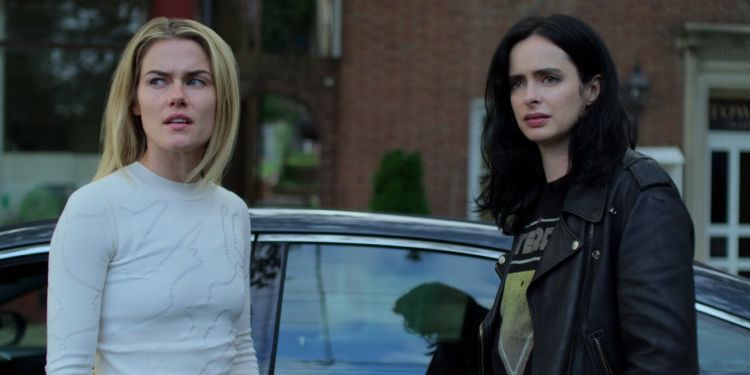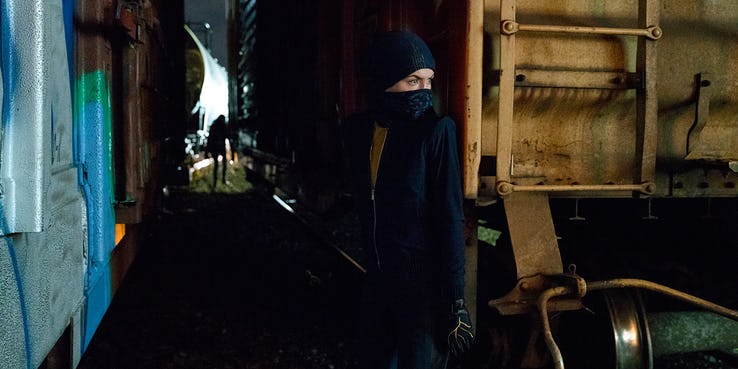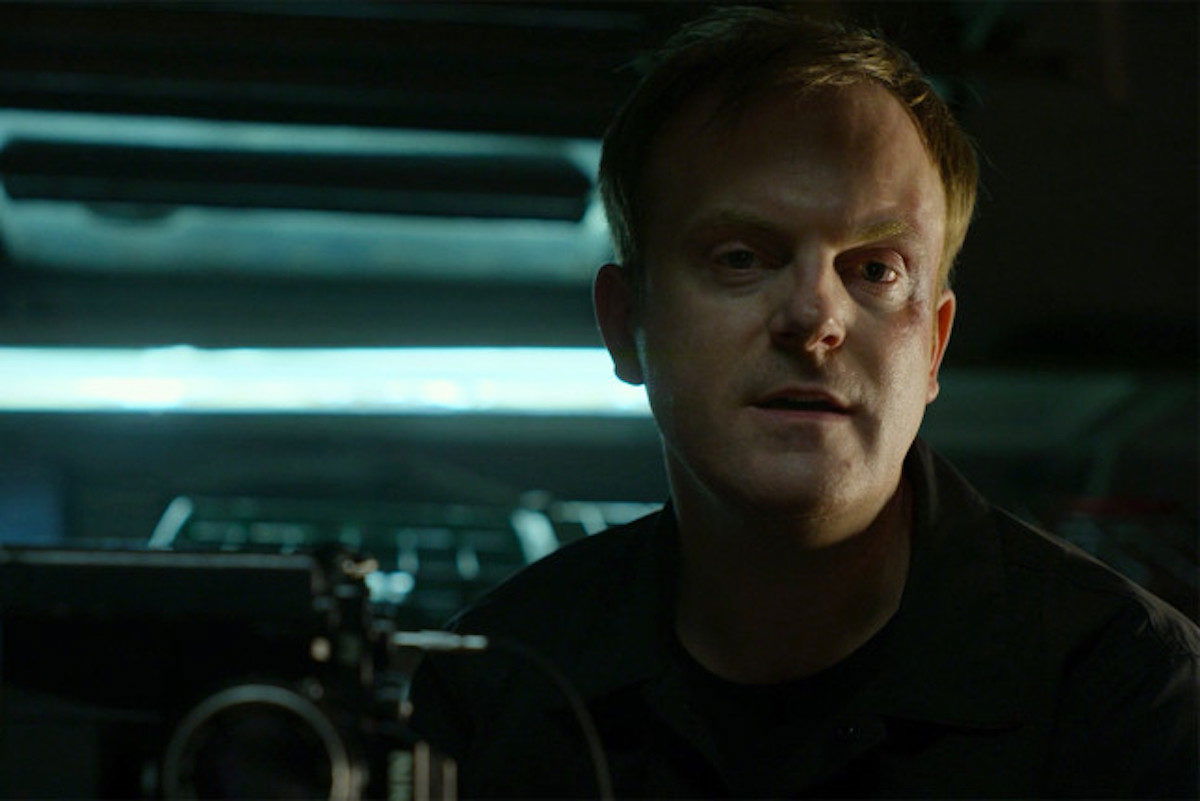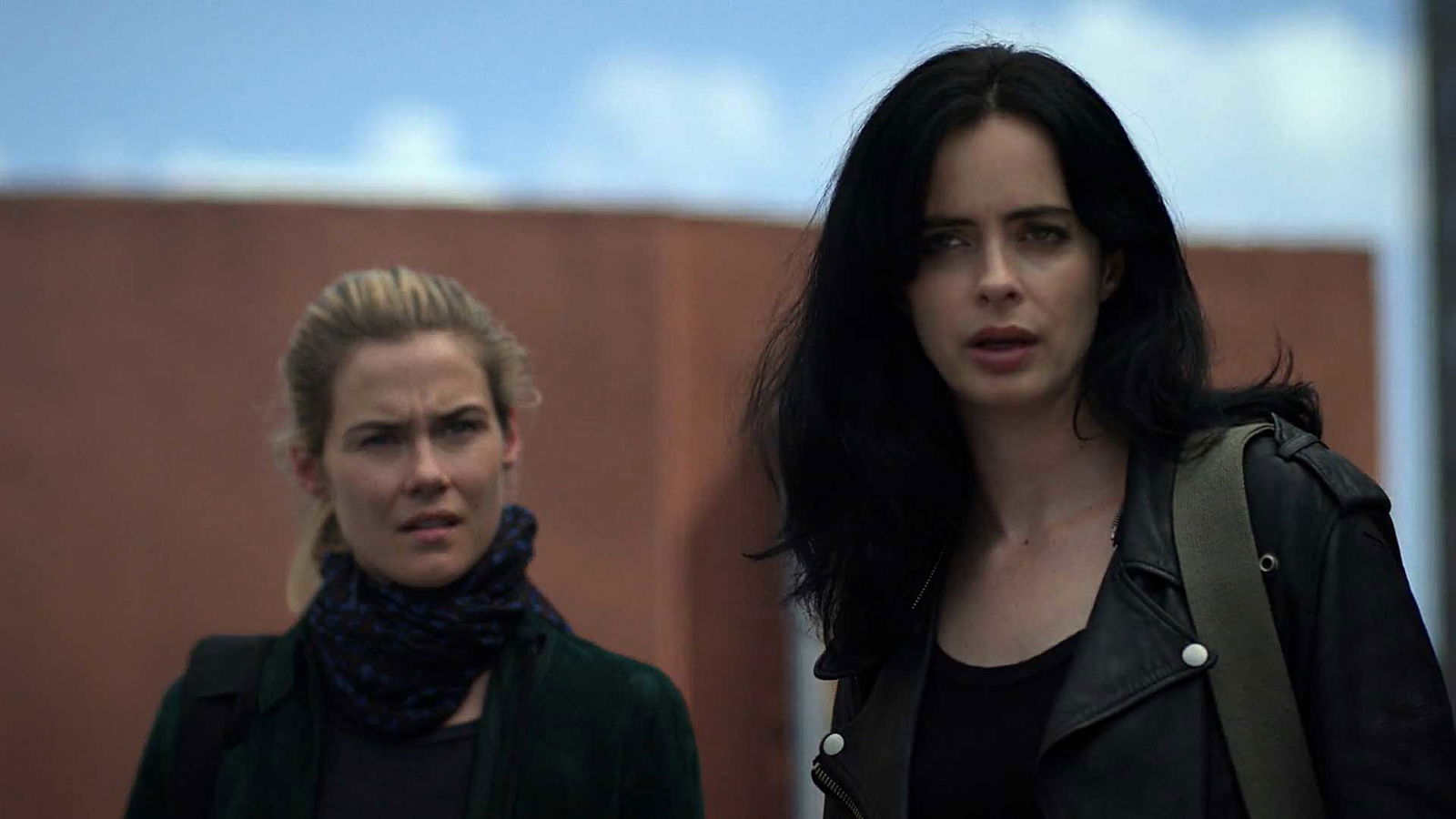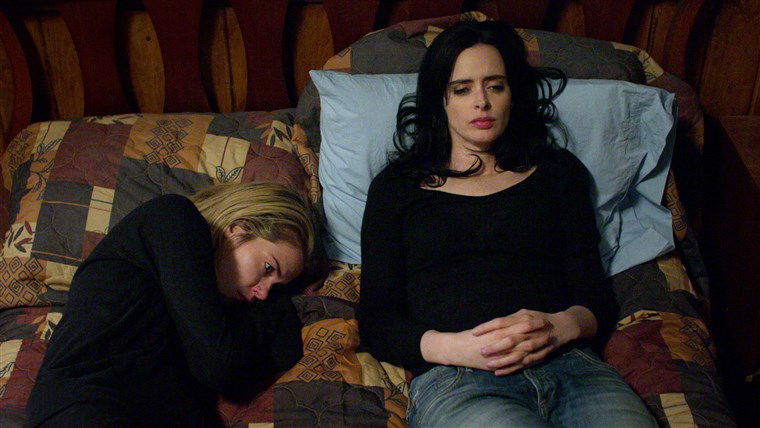When the Marvel/Netflix collaborations were announced, many were surprised that Jessica Jones was getting her own series. But over the course of the first two seasons (and the Defenders crossover), the creative team proved that she’s a character worth seeing. Sadly, with the cancelations of the Marvel/Netflix collaborations, Jessica Jones has the dubious honor of being the last one to air its final episodes. But thankfully, Season 3 not only shows off the entire cast in a powerful way, it sets up a hopeful future for Jessica…even though we won’t see it more than likely.

The thing that honestly set Jessica Jones apart from Matt Murdock, Luke Cage and Danny Rand is that while they were all victims of a tragedy of some kind, she was a victim of the worst possible things. And they did their best to try and be heroes, while Jessica just wanted to make it to the next day. Season 2 gave her hope of being a hero, but then she lost her mother because of Trish, her best friend and sister. Season 3 has her trying to do her best to be the hero her mother wanted her to be, but things just won’t let up for her at all.
Almost immediately, Jessica Jones season 3 sets itself apart from previous seasons, and the other collaborations, by doing a “two-view” perspective of the situation. Meaning, episode 1 is about Jessica is in the new position she’s in, and then episode 2 is about Trish adjust to her powers and then working up to the rather well done cliffhanger of episode 1 and beyond. Trish has always been a part of the story, especially in Season 2. But Season 3 takes it to a new level, and it works really well.
And while Hellcat (her actual comic counterpart) is only technically named one (and she does wear the outfit of her comic counterpart in one hilarious scene), she’s more rogue vigilante than superhero in many cases, which creates a great dynamic with her and Jessica.
But of course, no superhero series is complete without a villain, and Season 3 goes in a very fun direction with that. As this time, the villain technically doesn’t have a connection to Jessica like Kilgrave or her mother did. Rather, she literally walks into him (at the end of a knife that is) and then learns of Gregory Sallinger and what he’s all about via her new love interest Erik Gelden (both Sallinger and Gelden are both from Marvel Comics, believe it or not).
Sallinger is another great example of a non-typical Marvel villain (and definitely not an A-lister like Kilgrave) being given a great shot at a live-action interpretation via great storytelling and a great actor. Sallinger (known as Foolkiller in the comics) is a man who had to work for everything, and hates those who have everything handed to them or abuse the system to get ahead. “Cheaters,” “liars,” “frauds,” as he calls them. His methods to learn their “truths” is haunting, and yet he’s incredibly smart, which makes him very hard to catch.
Usually, this would be a problem in a season, as both Season 1 and Season 2 of Jessica Jones suffered from very drawn out bouts to try and catch Kilgrave and Jessica’s mother. But here? They carefully weave the story so that Sallinger is present, but not always needed to forward the story. And by episode 12, his story literally ends with his death, setting up a heated season finale.
Which brings me to one of the long-running standout characters of the series: Jeri Hogarth. Carrie-Anne Moss continues to be one of the best actors in these collaborations because she knows how to make you sympathize with her, and yet just hate her other times. Season 3 shows that even in the face of death via her ALS, she’ll do whatever it takes to make herself happy. In this case, reconnect with an old love named Kith. And true to former, her path to self-destruction is brought by her own hands and doings. Which sets up the entire point of this season in many ways…being a victim.
If you think about it, we are all victims in our own ways. Victims of circumstance, bad luck, bad people around us. But it’s how we deal with that title that makes us who we are. Jessica Jones season 3 shows us a bunch of victims, and all the different ways they dealt with it. And it’s not always good.
Hogarth is a victim of a terrible disease, and while she is fighting to make her life better via her firm and trying to get Kith back, she’s still unafraid to ruin lives to make herself happy. Malcolm is trying to be like Jessica in terms of a person who can help people, but he has to “earn his way” via helping Hogarth, and that leads to him making decisions that are conflicting, and sometimes very wrong. Erik is the victim of his own superpowers, his “evil radar” and he’s so over it that he blackmails people in order to make money…and then blows it on gambling.
And then, of course, there’s Jessica and Trish.
Jessica is a victim of her life, nearly start to finish. And she hid behind a bottle and only tried to be a “hero” when she had to, or was forced to, or tried to run away from her problems, which is appropriate in this season because she learned that it wasn’t enough. She had to be more in order to not just take down Sallinger, but stop Trish.
Trish was a victim of her mother and her mother’s ridiculous (and evil) expectations of her. She had a terrible childhood outside of Jessica. And now she has powers and tries to do good with them, and for a while she does. But when Sallinger kills her mother, she cracks, and she becomes the bad guy in the name of “justice.” Usually a snap like that doesn’t work, or is overplayed, but it honestly really works well here. And the finale between Jessica and Trish is heartbreaking, especially when Trish is hauled away to the Raft with Jessica looking on heartbroken.
I consider the fall of Trish Walker one of the better twists that the Marvel/Netflix universe has offered fans. Even though this is now her permanent fate because of the cancelation of the collaboration, it’s one that feels earned, and was teased throughout the series. And it honestly speaks to the fact that not everyone can be a hero. Because it’s a life that has a line, and you can’t cross it without serious consequences, or as Jessica puts it, “a burden you can bear.”
“Now wait a minute!” you shout, “Didn’t you say this series ended on a hopeful note?” I did, and I meant it. Because like I said, when Jessica Jones deals with being a victim by either drowning in alcohol, or trying to run away from her problems. But an all too familiar voice (which I won’t spoil, watch the end for yourself!) pushes her back to hero life in a very fun and ironic way. She knows that it is her life now to try and do what is right, even when it kills her on the inside. And that’s enough.
Sadly, not everything about the season was a “perfect ending.” Malcolm, for example, had arguably his best season yet! And yet, the writing team had him make some infinitely questionable decisions. As well as teasing him being a vigilante in the first episode…then never talking about it again.
As for Jeri, while her “ending” was fitting, it was very abrupt. And it also teased a certain “final solution” and yet we’ll never know if she did it. Add that to a “dipping into the well too much” for another Trish-centric episode that reused a lot of footage and certain other things, and you get enough flaws that make you scratch your head.
Still, Jessica Jones season 3 was a great end to the show, and a worthy ending to the Marvel/Netflix collaborations. I didn’t expect much from Krysten Ritter when I heard she got cast as Jessica Jones, but three seasons later, I’m really sad to see her go. But at least we know, even in the seasons and crossover we’ll never see, Alias Investigations is still open for business.
Jessica Jones Season 3 Review
Summary
Jessica Jones season 3 just might be the best of the series, and one of the best of the Marvel/Netflix collaborations. The actors and writing was on point for much of the season, and gave a heartbreaking look at what it truly means to be a hero.
-
Jessica Jones Season 3 dared to be different for its final season, and it ended up being really great as a result


